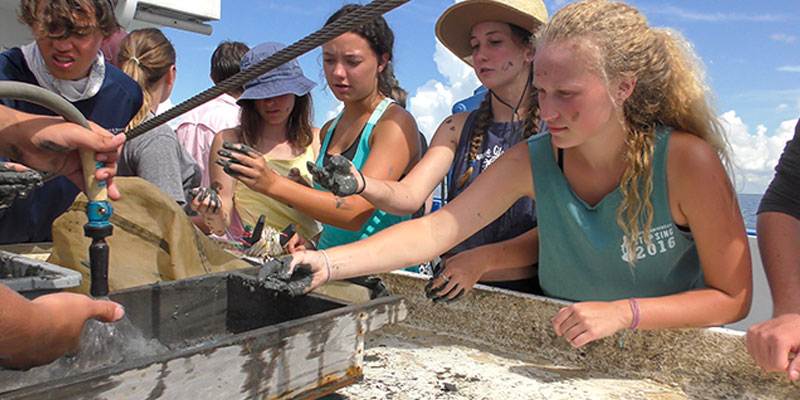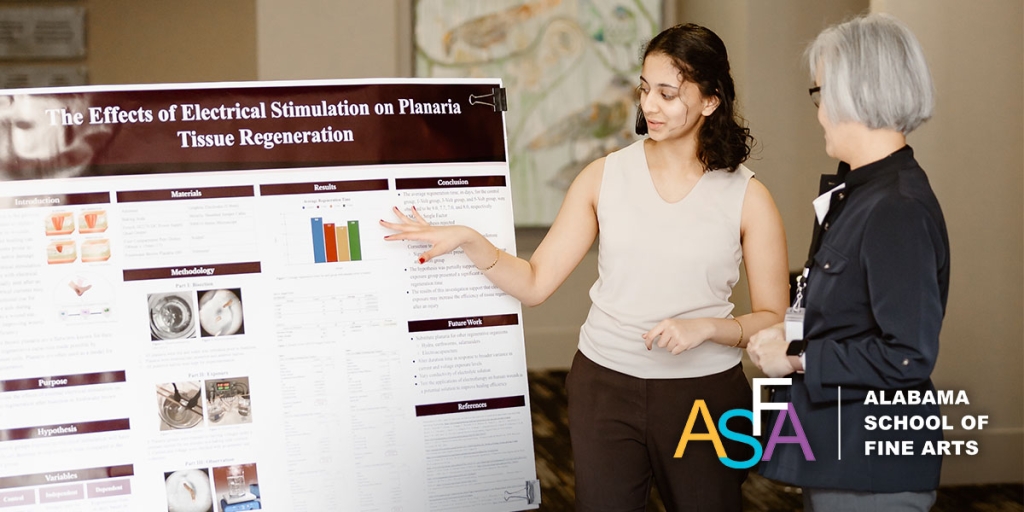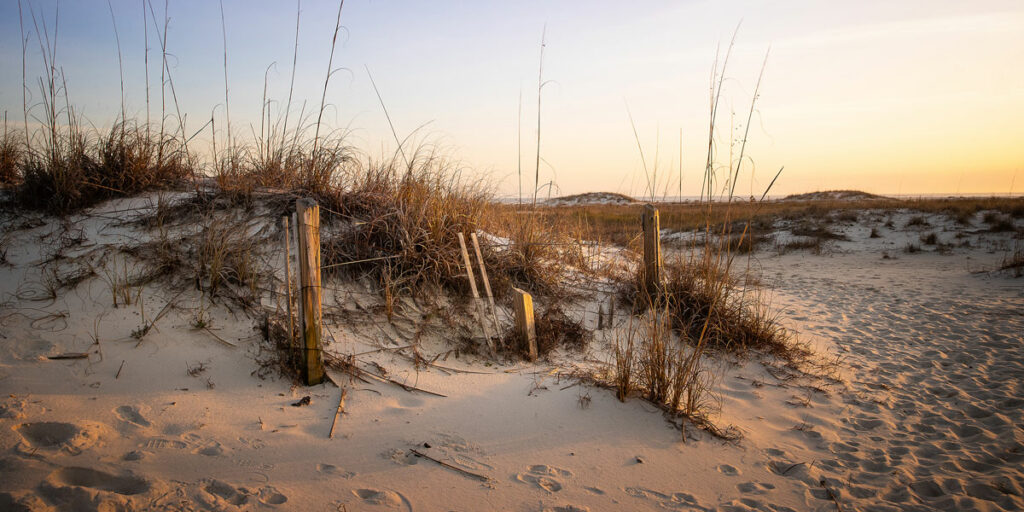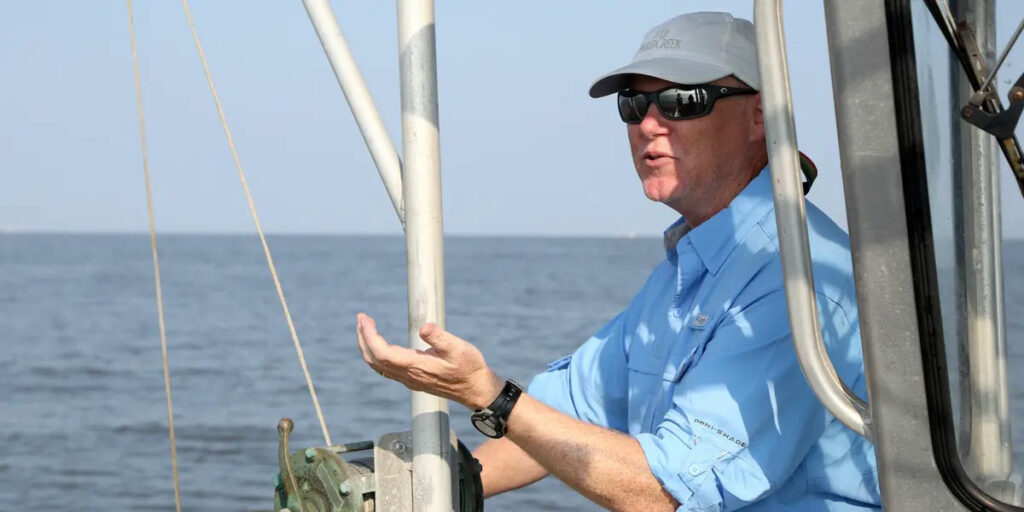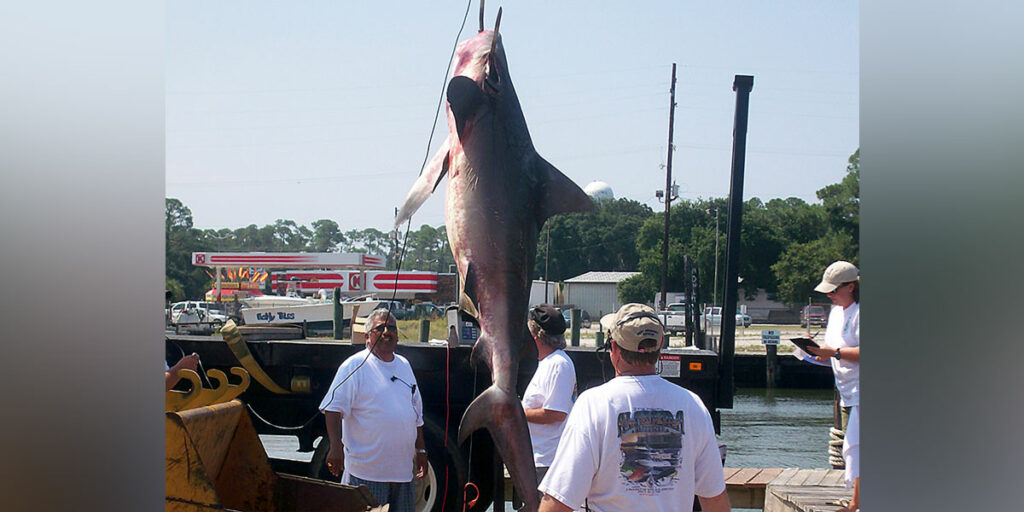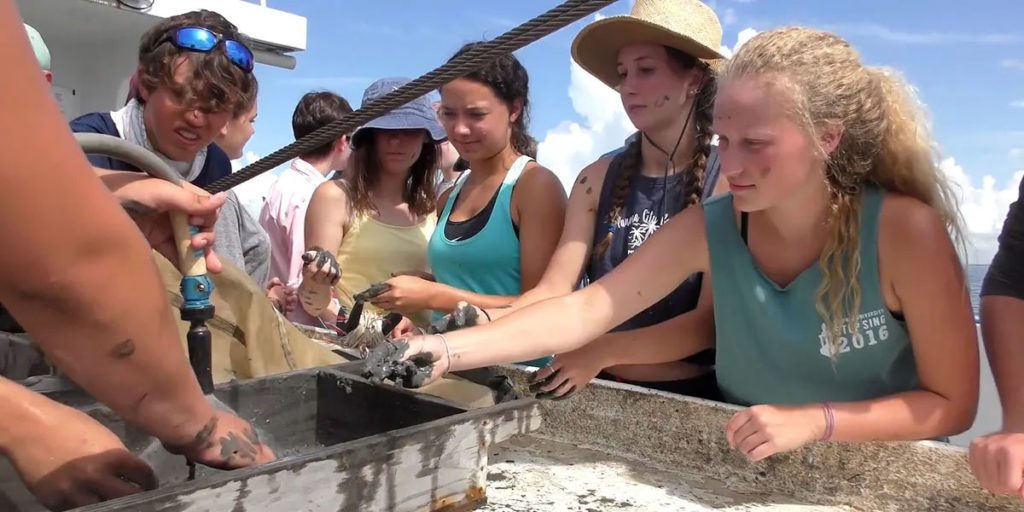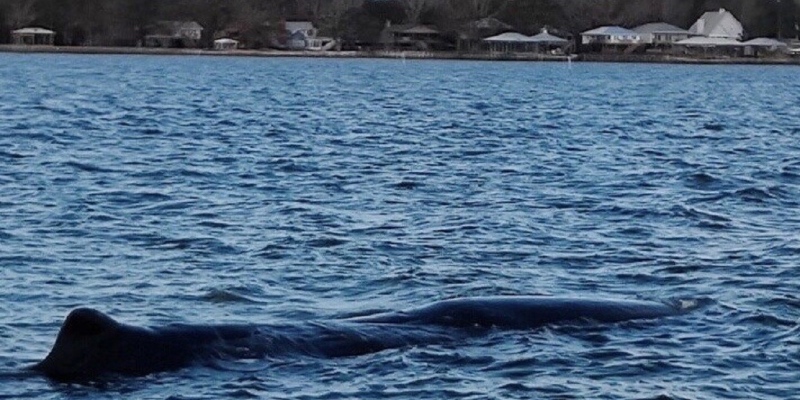For the staff at Alabama’s Dauphin Island Sea Lab (DISL), one mission stands above all: to help others love marine science as much as they do.
“We like to think the impact is life-lasting,” said Tina Miller-Way, chair of Discovery Hall Programs at DISL. “There are many students that don’t realize that we even exist, that the ocean even exists, so the impact stems from opening a student’s eyes. The impact is really seeing that lightbulb going off and having a good time while they’re doing it. That’s worth gold.”
Dauphin Island Sea Lab makes science fun for all ages from Alabama NewsCenter on Vimeo.
Miller-Way oversees Kindergarten-12 education efforts at DISL, which last year served hundreds of teachers through training workshops and 22,000 children through field trips, summer camps and remotely operated vehicle (ROV) competitions. DISL’s mobile classroom, BayMobile, also allows her staff to visit underserved schools across Alabama that do not have the opportunity or the means to visit the Dauphin Island Sea Lab on a field trip.
“Not every student learns in the same way,” Miller-Way said. “When you bring students out of that classroom and put them outside in the field or use a different modality of teaching, such as hands-on learning, you’re able to reach a different group of students or you’re able to reach students in a different way.”
DISL is Alabama’s primary marine education and research center, founded in 1971 by the Alabama Legislature to provide marine science programs for the state’s colleges and universities. Lee Smee, chair of University Programs, said DISL’s summer program for undergraduate students is now the largest of its kind in the country.
“We had 230 or so undergraduates here from all over the state (this past summer),” Smee said. “We have 23 different universities in Alabama that send people down here to work with us. That does a lot of good for the whole state.”
Smee said financial support from donors and businesses is helping his program and other programs at DISL grow. One example of that support is a $25,000 grant from the Alabama Power Foundation to help DISL purchase a new research vessel.
“Alabama Power is really generous,” Smee said. “They gave us a $25,000 grant toward the purchase of a new research vessel. The Dauphin Island Sea Lab Foundation was able to raise the rest of the money, which they wouldn’t have been able to do without Alabama Power. That’s a huge boost for all of our programs.”
In addition to the two education programs, DISL operates the George F. Crozier Estuarium, a public aquarium specializing in estuarine organisms found throughout the Mobile-Tensaw River Delta, Mobile Bay, the barrier islands and the northern Gulf of Mexico. Miller-Way said every program is successful because the staff rallies around one simple goal: to increase ocean and environmental literacy among everyone they meet.
“The more minds and hands that are involved in designing and implementing these programs, the better the program is going to be,” Miller-Way said. “I love our staff. They are absolutely wonderful at what they do and we work very well together.”
For more information about the Dauphin Island Sea Lab, visit disl.org.
(Courtesy of Alabama NewsCenter)




